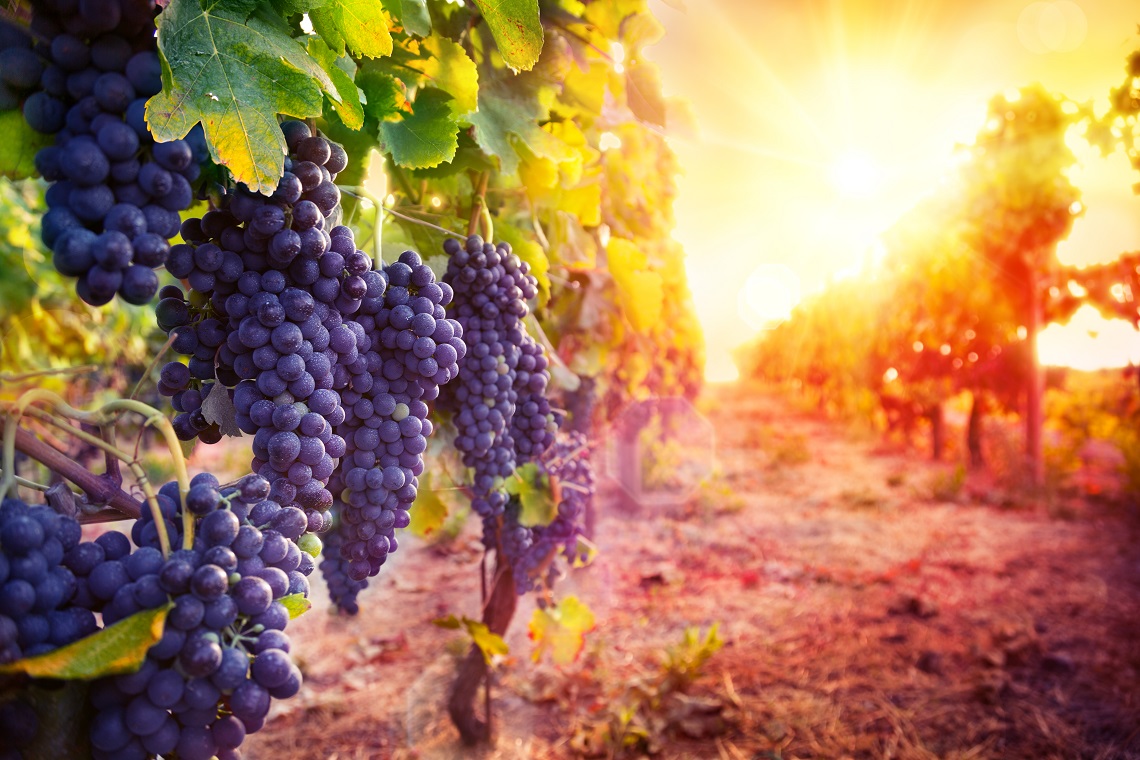Near-perfect growing and ripening conditions across most states and regions have seen the Australian wine sector bounce back from two successive small vintages to produce a record crop of 2.03m tonnes in 2021.
According to the National Vintage Report released yesterday by Wine Australia, the 2021 crush was 31 per cent higher than the 2020 vintage and 19 per cent above the 2019 vintage.
Wine Australia General Manager, Corporate Affairs and Regulation Rachel Triggs said 2021 was being described as a ‘unicorn’ vintage because of the rare combination of events leading to both exceptional quality and a good crop size.
“Good fruit set, plenty of water at the right time, lack of heatwaves, low disease pressure, and favorable harvest conditions have resulted in a high-yielding, high quality vintage.
“This vintage provides an opportunity for depleted inventory levels to be restored, ensuring we have the supply we need to take up new export opportunities,” Triggs said.
With 1.06 million tonnes, and 52 per cent of the national total, South Australia was the largest contributor of the states, followed by New South Wales with 580,875 tonnes (29 per cent) and Victoria with 334,834 tonnes (17 per cent).
Red grapes made up 57 per cent of the crush comprising 1.16 million tonnes, an increase of 37 per cent over the previous year. The white varieties comprised 864,946 tonnes, an increase of 25 per cent. Overall, white variety’s share of the crush reduced to 43 per cent, the lowest since 2004.
As you would probably expect Shiraz was the main contributor to the increase in red crush up by 41 per cent to a record 538,402 tonnes. This saw its share increase by one percentage point to 46 per cent of all red varieties and 27 per cent of the total crush.
Triggs said concerns prior to vintage, about the effect on grape prices of the tariffs imposed by the Chinese government on Australian wine, had not been realised in 2021, but she added that the overall increase partly reflected growth in the contribution of higher-priced fruit to the average.
“That’s not to say that some producers aren’t doing it tough. Exposure to China is very variable from one producer to another depending on their ability to diversify, cash flow and the ability to physically hold stock and it will take some producers time to bounce back, which could also have flow-on effects for growers,” she said.
However, Triggs did say the average value for red varieties had declined in 2021 for the first time since 2014, while whites had continued to increase in value, indicating that demand is now shifting towards whites.
“To make the most of our opportunities in markets such as the United States and the United Kingdom, the balance in supply between red and white winegrapes may need to change.
“We are working closely with Austrade to grow our exports in emerging Asian wine markets such as South Korea, Taiwan and Thailand, where there has been strong growth in recent times and where consumers strongly favour red wine.” Triggs said.
The National Vintage Report is based on a survey of winemakers conducted in May–June each year. In 2021, responses were received from a record 579 businesses, including all wineries known to crush over 10,000 tonnes, estimated to account for 89 per cent of the Australian winegrape crush in 2021.

